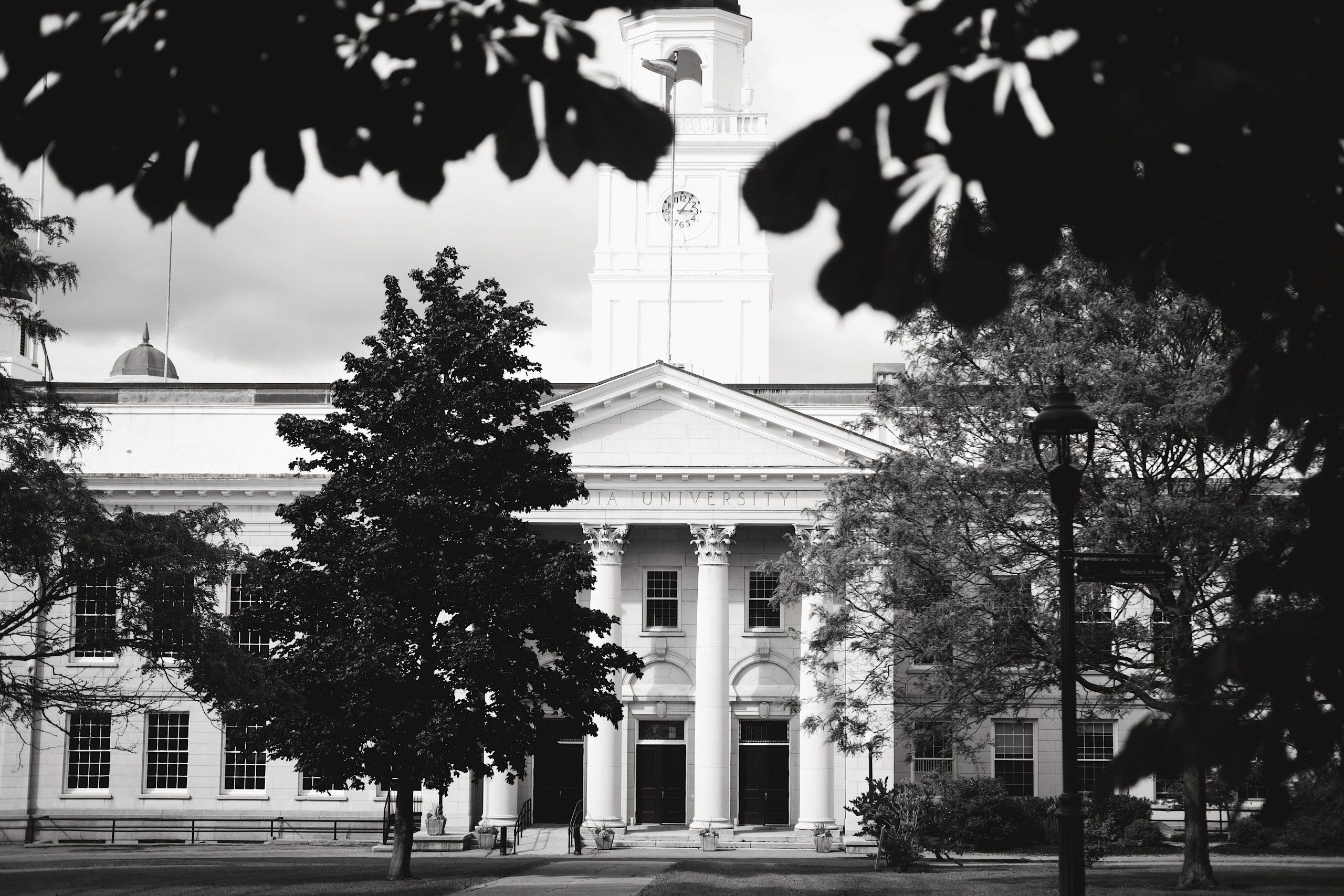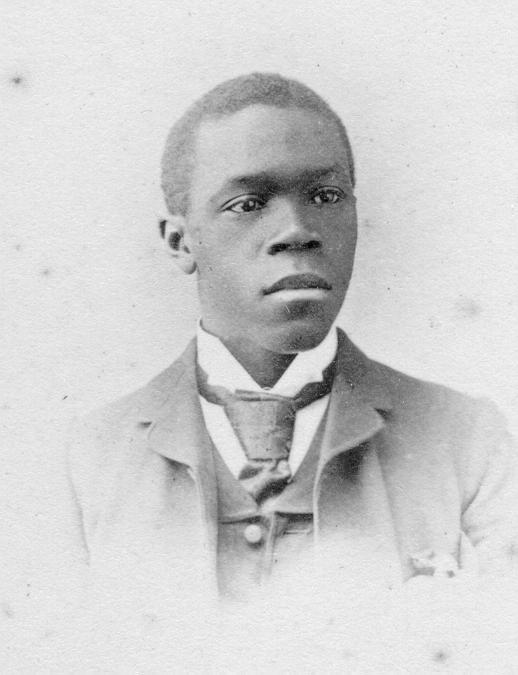The Acadia Students’ Union recently released the revised bylaws to be voted upon in the next few weeks. These come after last year’s General Election which nearly caused a constitutional crisis and led to the resignation of the Chief Returning Officer. There is no doubt that the bylaws needed to be overhauled to ensure the stability of the Union and to ensure that the ASU lives up to its mission statement– serving its members through effective representation and communication, offering innovative services to enhance the student experience at Acadia.
Revisions to these bylaws have come after the Students’ Representative Council (SRC) approved a $10,000 payment from the Wellness Fund to the ASU lawyer Tom MacEwan to assist in the redrafting. Numerous consultations occurred in the last academic year and during this academic year to provide students the opportunity to voice their concerns.
The changes include:
Three non-executive positions– the Student Board of Governors Representative and two Councillors- have been axed while the number of Executive positions has stayed the same. These positions had been considered redundant by some, but the proposed structure would give the Executive a greater share of the SRC to influence votes and major decisions.
Students can no longer initiate referenda by petition under the new bylaws. Only referenda approved by the SRC can be put on the ballot rather than those initiated by the students they represent. Under the current bylaws students can initiate referenda with a petition holding signatures from 10% of the student body. Even under federal law a petition can be presented in the House of Commons if it has 500 signatures. In the UK 100,000 signatures are necessary for a debate by Parliament.
An international student representative is still missing. Despite the fact that almost 15% of Acadia is composed of international students there is still no formal representative on SRC to represent them. The Diversity and Inclusion Representative is a step in the right direction, but a dedicated international student representative is still necessary.
The SUB Renewal Committee is gone. Last year’s SRC passed a resolution that created a standing committee with the task of ensuring that the renewal of the Students’ Union Building is directed by students for students. The new bylaws propose to axe the committee, presumably leaving the power to decide how the building is shaped in the hands of the Executive or to the university and their donors.
Powers of the Chief Returning Officer to conduct independent elections are reduced. In their stead, an Elections Committee composed of Council members has more authority than in previous years. In a perfect world the Chief Returning Officer would have the authority to conduct elections independent of the SRC to ensure that current members of Council do not sway decisions to ensure their friends win. We understand the need for a committee to exist, since the CRO cannot do it by themselves, but an ASU committee with interested Council members is problematic.
Union Media has no power to endorse candidates or positions. The principle of a free and independent press is one that is not practiced during election periods within the ASU. The Athenaeum has no power to endorse candidates with sensible policies nor sides in referenda that could influence the course of the ASU for years to come. In fact, we are one of the only student newspapers in Canada to not have the power to endorse our own positions during election times. We are instead bound by the ASU to solely report the happenings of the election period but not share our voice during the election.
Constituents cannot impeach their representatives. This was a feature of the former bylaws where students could impeach their representatives if first 35% of their constituents were present. It could then go to another meeting where the students present, assuming they get the requisite signatures necessary and a two-thirds majority, could impeach their representative. This exercise of direct democracy has precedent- Vice Presidents of the ASU were impeached in the early 2000s by their constituents.
We believe the most recent bylaw changes are undemocratic and run contrary to the ASU’s mission statement- serving its members through effective representation and communication. Perhaps a smaller Council is better, but without addressing key democratic deficits the problems of representation will continue to grow. Power should not be concentrated at the hands of the Executive by virtue of a lack of opposition. Shutting students out of the process to get referenda on the ballot is directly contrary to the ASU’s mission of effective representation.
International students do not benefit from these bylaw revisions. If constituting 15% of the population of the university does not entitle international students to adequate representation within student government, there are more serious questions to ask about who these bylaws were rewritten for. Even though the Acadia 2025 Task Force identified the SUB as a key element of Acadia’s growth, the ASU proposed to revoke the committee. The reimagining of our home must be kept in students’ hands, and the student-centric focus of the SUB Renewal Committee ensures that. After all, what was the point of fighting for a statement of autonomy if students aren’t going to exercise it?
If the ASU claims to uphold the values of integrity, excellence, respect, community spirit, and the tradition upon which it was founded, it must address these problems as soon as possible. We have faith in our representatives to make positive change on behalf of the students they represent. Let us hope they act on it.





